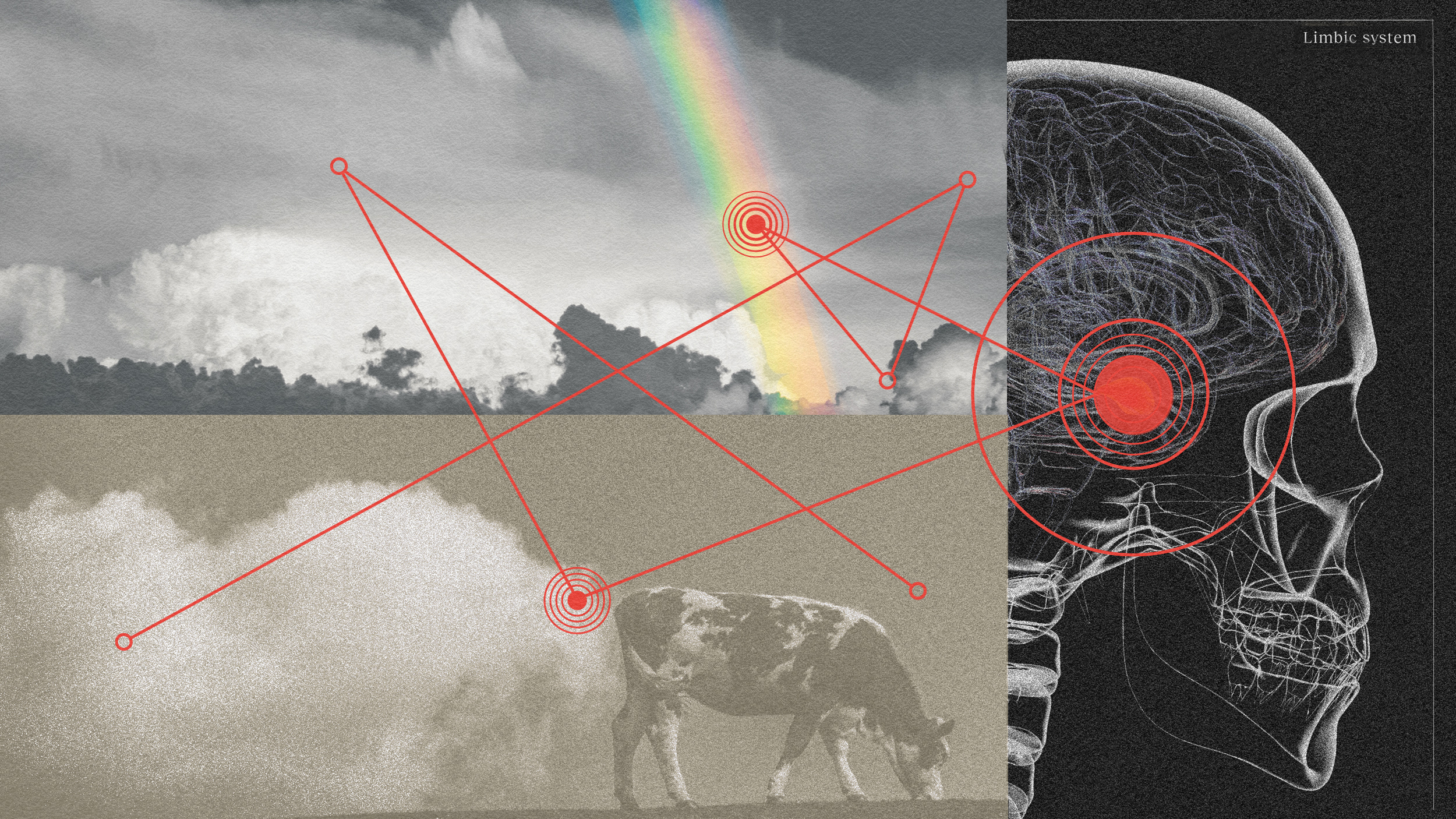Ask people what it means to be enlightened and you’ll get a wide variety of answers. But according to Zen master Robert Waldinger, permanent enlightenment rarely — if ever — exists. In fact, we should be suspicious of those who claim to be “fully enlightened” beings.
Although some people claim to have acquired total enlightenment after experiencing some fantastic spiritual event, Waldinger believes this perspective of “acquisition” can be dangerous. Instead of viewing enlightenment as something you acquire, he believes it should be something you practice in each moment, like an activity or a habit.
ROBERT WALDINGER: There's a lot of talk about enlightenment. It's a concept that's very old in Buddhism, but also in other spiritual traditions. And it can mean so many different things, but in my Zen tradition, it really refers to: and to some of the surprising aspects of life that we don't normally see. Most specifically, the interconnectedness of everything, the essential oneness of everything. That yes, on one level, everything exists separately. I exist separately from you, and this chair exists separately from me. And at the deepest level, none of it is separate. All of it is completely interconnected and always changing. That is awakening to the truth of life.
Now, enlightenment is often held out as a thing that we can get. And in fact, you can read accounts of people sitting in long periods of meditation, sometimes on retreats, where they essentially have these amazing experiences. Sometimes they feel like out-of-body experiences, and they can write elaborate descriptions of what these are like. And sometimes people feel like, "Well, if I just have those experiences, then I'm enlightened. And if I had those experiences once, I want them back, so I want to try to get them back again." What we teach in Zen is that that's actually dangerous, that nobody lives in a kind of unusual altered state all the time. Most of us never do. And if we have unusual experiences, it's very brief, an experience of, for example, complete interconnectedness and oneness cannot last.
In fact, one Zen teacher did a set of interviews with people who had had enlightenment experiences, and he put them into a book, and the title of the book was, And what he meant by that was that no matter what kind of unusual experience we might have of waking up, of enlightenment, we always go back to needing to do the laundry and needing to brush our teeth and needing to go to work, but that is just how life is. So, although most of us, myself included, wish that there were a way to get enlightened and stay that way, to get to a place where it's always blissful and we never suffer, I have never met a human being on this Earth who gets to that place. And Zen teaching is that that's not possible. That in fact, we move in and out of states of being more awakened or less awakened, that no matter how evolved you are as a spiritual practitioner, you're gonna have times when you're just all upset about stupid stuff, when you're just deluded, as we say.
And then, you move back into periods where you see life more clearly. That's important for me because if you meet people who hold themselves out as an ultimately enlightened person, be very suspicious of that. Be very suspicious of anybody who claims to be a perfectly evolved, enlightened human being. Shunryu Suzuki, a very important Zen teacher in the United States in the 20th century, was famous for saying that, And what he meant by that was that no person is finally, fully and forever enlightened. There is only this moment's activity. So, if I do something that is kind, that pays attention to my interconnectedness with everyone and everything, that is enlightened activity. If I do something that's selfish, if I do something that destroys the planet, that is unenlightened activity.
And so, the idea of pursuing enlightenment really is not pursuing a self-improvement project. It's pursuing a way to be as compassionate as I can in each moment, to pursue enlightened activity in as many moments as I can string together in my life. That's the goal.







